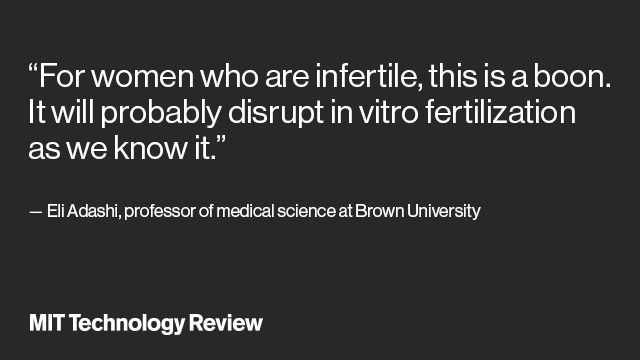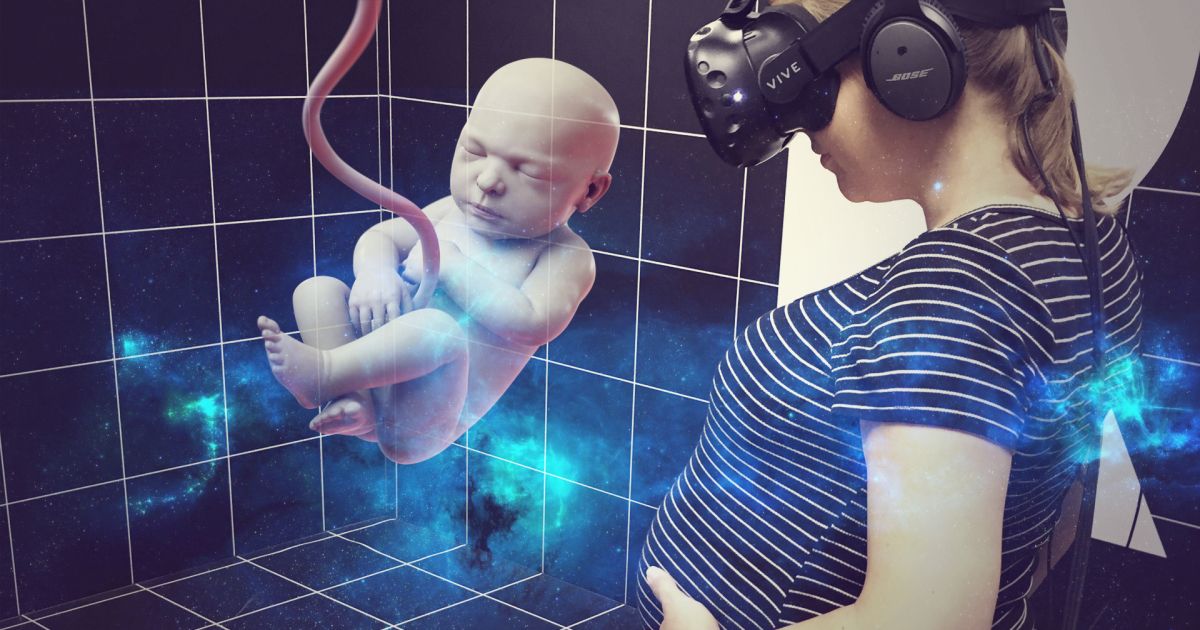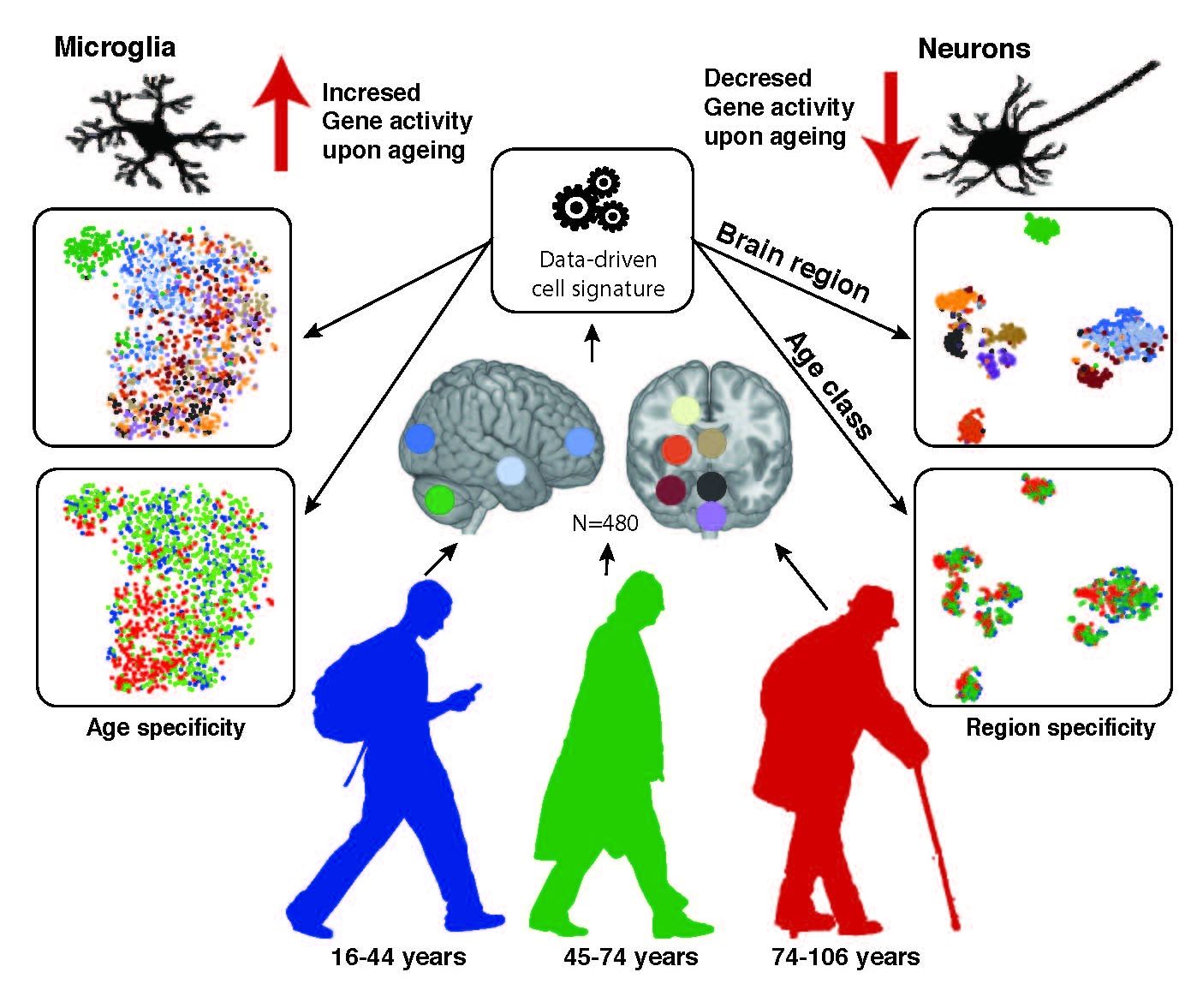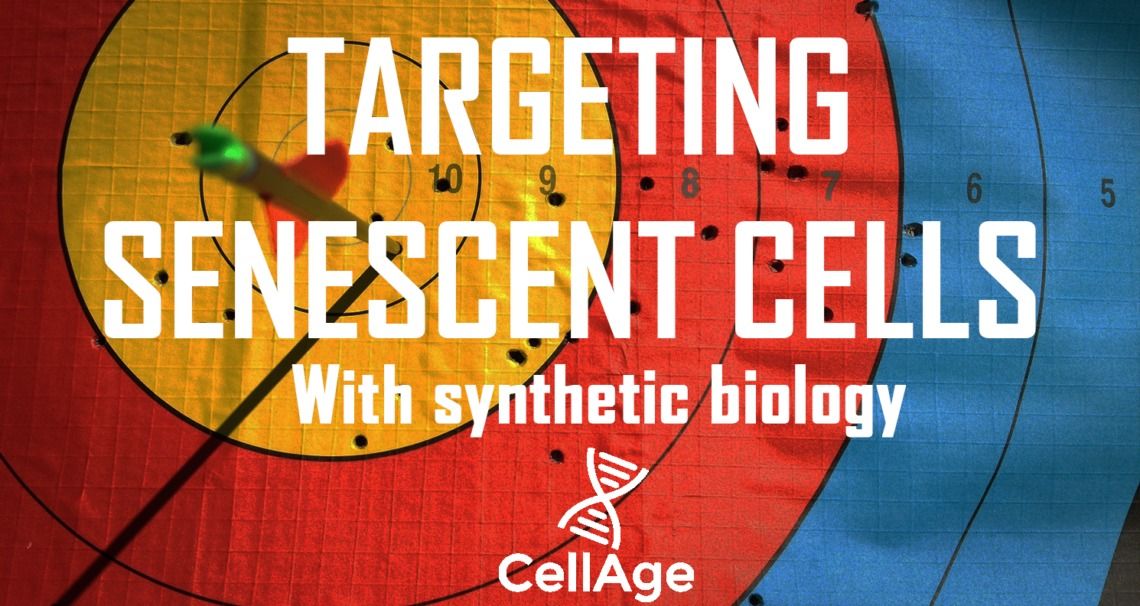Page 10125
Jan 11, 2017
VR Let Me Meet My Daughter Before She Was Born
Posted by Shane Hinshaw in categories: 3D printing, biotech/medical, virtual reality
A while ago I got an idea: how awesome would it be to use 4D ultrasound to scan my unborn baby and make a VR experience of that. So I talked my girlfriend over even though the idea felt a bit weird and almost scary.
Show Full Text
How to make it happen? I searched for similar cases online, but couldn’t find any. All I could find was some examples of using ultrasound images for a 3D print of your unborn baby. So this was the first time in the world someone was doing this. Luckily I got people at the Aava Medical Centre excited about the idea, and they helped me forward. I also contacted GE, a manufacturer of 4D ultrasound systems, and they advised me how to extract the right kind of files from the ultrasound machine.
Jan 11, 2017
The Two Questions That Determine Your Scientific Literacy
Posted by Sean Brazell in category: futurism
Jan 11, 2017
Superflex’s powered clothing is designed to give the elderly their strength back
Posted by Klaus Baldauf in category: futurism
Superflex is developing “powered clothing.” It’s lightweight and connected clothing, equipped with electric muscles to support core movement.
Jan 11, 2017
One man’s quest to hack his own genes
Posted by Shailesh Prasad in category: biotech/medical
Jan 11, 2017
Glia, not neurons, are most affected by brain aging
Posted by Steve Hill in categories: biotech/medical, life extension, neuroscience
The microglia are central to aging in the brain and science is already finding ways to reverse it like introducing young microglia to the brain to remove plaques associated with Alzheimers. Brain aging is not a one way process!
The difference between an old brain and a young brain isn’t so much the number of neurons but the presence and function of supporting cells called glia. In Cell Reports on January 10, researchers who examined postmortem brain samples from 480 individuals ranging in age from 16 to 106 found that the state of someone’s glia is so consistent through the years that it can be used to predict someone’s age. The work lays the foundation to better understand glia’s role in late-in-life brain disease.
“We extensively characterized aging-altered gene expression changes across 10 human brain regions and found that, in fact, glial cells experience bigger changes than neurons,” says Jernej Ule, a neurobiologist at the Francis Crick Institute and the University College London, who led the study with departmental colleague Rickie Patani (@PataniLab) and first author Lilach Soreq. “There’s quite a bit of regional information that will be of interest to different people—for example some will notice a very unique pattern of astrocyte-specific changes in the substantia nigra—and we provide a lot of data that still needs to be analyzed.”
Continue reading “Glia, not neurons, are most affected by brain aging” »
Jan 11, 2017
Addressing Naturalistic Objections to Extending Healthy Human Life Spans
Posted by Steve Hill in categories: biotech/medical, computing, life extension, neuroscience
Playing God is a common objection to developing technologies to increase human lifespan and yet it is never used in relation to current therapies already available.
Here I’ll point out another of the articles going up at the Life Extension Advocacy Foundation, this time on the topic of the naturalistic fallacy where it occurs in opposition to healthy life extension. Our community would like to build medical therapies that address the causes of aging, thereby ending age-related disease and greatly extending healthy human life spans. It has always surprised me to find that most people, at least initially, object to this goal. It seems perfectly and straightforwardly obvious to me that aging to death, suffering considerably along the way, is just as much a problem to be overcome as any other medical condition that causes pain and mortality. Yet opposition exists, and that opposition is one of the greatest challenges faced when raising funding and pushing forward with research and development of rejuvenation therapies.
When it comes to treating aging as a medical condition the naturalistic fallacy is voiced in this way: aging is natural, what is natural is good, and therefore we shouldn’t tamper with aging. If you look around at your houses, your computers, your modern medicine, and consider that such an objection is perhaps just a little late to the game, and hard to hold in a self-consistent manner, then you’re probably not alone. Notably, the same objection is rarely brought up when it comes to treating specific age-related diseases, or in the matter of therapies that already exist. People who are uncomfortable about radical changes to the course of aging and who speak out against the extension of human life are nonetheless almost all in favor of cancer research, treatments for heart disease, and an end to Alzheimer’s disease. Yet age-related diseases and aging are the same thing, the same forms of damage and dysfunction, only differing by degree and by the names they are given.
Continue reading “Addressing Naturalistic Objections to Extending Healthy Human Life Spans” »
Jan 11, 2017
Synthetic biology could combat the aging process
Posted by Steve Hill in categories: bioengineering, biotech/medical, life extension
The Cellage synthetic biology digest.
The field of synthetic biology holds the potential to treat a variety of aging processes and treat age-related diseases. Synthetic biology allows biologists to create new functions in cells by creating synthetic cellular programs and could allow us to combat age-related diseases in ways never before considered.
#aging #crowdfundthecure
Continue reading “Synthetic biology could combat the aging process” »
Jan 11, 2017
Consumer Physics, Changhong and Analog Devices announce the world’s first Molecular Sensing Smartphone
Posted by Klaus Baldauf in category: physics
Jan 11, 2017
Cybercriminals charge just £20 to paralyse websites
Posted by Karen Hurst in categories: encryption, security
Want to take someone’s site down and need a cheap hacker; well the Dark Web has them.
In the lawless digital hinterlands of the dark web, hackers hire out their expertise for just £20, offering to cripple websites with an overload of data from ready-made “botnet” armies.
On hidden forums, accessible only by using encrypted technology, clients tout for their services, bidding to have cybercriminals perform all manner of illegal activities, such as compromising university systems to alter grades.
Continue reading “Cybercriminals charge just £20 to paralyse websites” »


















